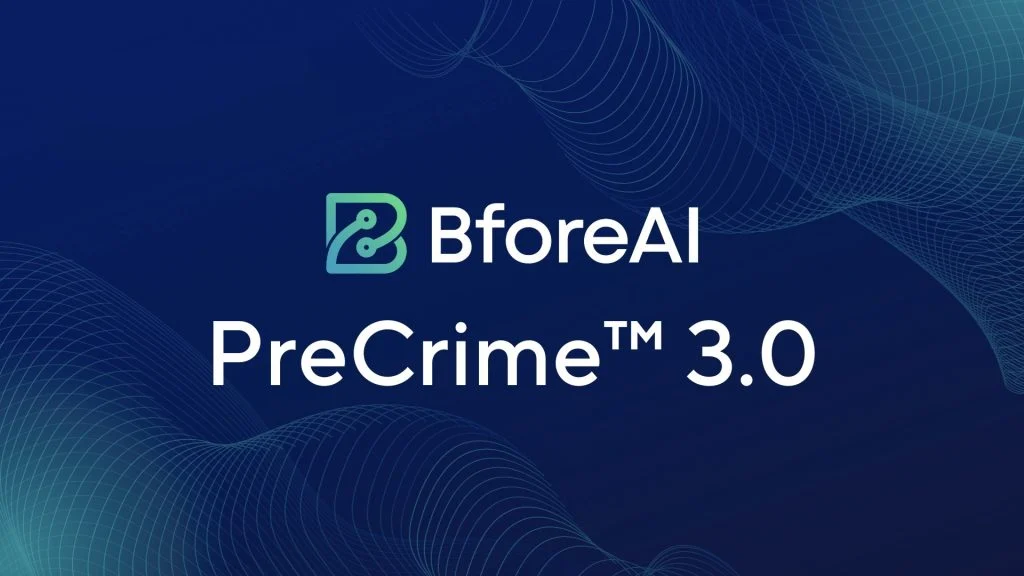How to Secure Your Money Online: A Beginner’s Guide

In today’s digital world, more people in Nigeria and across the globe rely on online banking, mobile apps, e-commerce, and digital wallets for their daily financial transactions. From sending money with apps like Opay, PalmPay, Kuda, and GTBank mobile app to shopping on Jumia or Konga, we are moving toward a cashless society.
But with these conveniences comes a major risk—cybercrime. Hackers, scammers, and online fraudsters are constantly looking for ways to steal personal and financial data. In Nigeria alone, the EFCC and CBN have reported an increase in online financial scams, ranging from fake loan apps to phishing messages pretending to be banks.
If you’re new to managing money online, this guide will walk you through practical steps to secure your money online, protect your digital identity, and avoid common scams.
Why Securing Your Money Online Matters
-
Cybercrime is on the rise: Online scams, phishing attacks, and ATM fraud are becoming more sophisticated in Nigeria.
-
Cashless economy growth: With the CBN pushing for cashless policies, digital banking and wallets are here to stay.
-
Financial loss can be devastating: Unlike physical theft, recovering money lost to online fraud is very difficult.
-
Peace of mind: With proper security, you can enjoy the benefits of online finance without fear.
1. Use Strong and Unique Passwords
Your password is the first gate to your online money. Weak or reused passwords are one of the easiest ways hackers gain access.
-
What makes a strong password?
-
At least 12 characters long
-
Mix of uppercase, lowercase, numbers, and symbols
-
Avoid personal details like birthday, name, or phone number
-
Example: Instead of John2023, use Jo@n_M0ney#Secure!
-
Pro Tips for Nigerians:
-
Don’t reuse the same password for your Opay, GTBank app, and Gmail. If one is hacked, all your accounts are at risk.
-
Use a password manager app like LastPass, 1Password, or even Google Password Manager.
-
2. Enable Two-Factor Authentication (2FA)
Most online banking apps and digital wallets now offer two-factor authentication (2FA). This means even if someone gets your password, they can’t log in without an extra code (usually sent to your phone or email).
-
Apps where you should enable 2FA immediately:
-
Mobile banking apps (GTBank, Access Bank, Zenith)
-
Payment apps (Opay, PalmPay, Flutterwave, Paystack)
-
Email accounts (Gmail, Yahoo, Outlook)
-
Social media accounts linked to financial activities (Instagram, WhatsApp Business, Facebook Ads)
-
Tip: Use Google Authenticator or Authy instead of SMS where possible—SMS can be intercepted by SIM-swapping fraudsters.
3. Be Wary of Phishing Scams
Phishing is when fraudsters pretend to be your bank, a fintech app, or even NIBSS to trick you into giving away login details.
-
Common signs of phishing in Nigeria:
-
Fake SMS that says “Your account has been suspended. Click here to reactivate.”
-
Emails with poor grammar claiming to be from CBN or “GTB Security Team.”
-
WhatsApp groups sharing fake investment links promising quick returns.
-
-
How to protect yourself:
-
Never click on suspicious links. Go directly to the bank’s website or app.
-
Check the email sender address carefully. (Real GTBank emails end with @gtbank.com).
-
Verify SMS alerts before panicking. Call your bank directly.
-
4. Keep Your Devices Secure
Your laptop or phone is where most online financial activity happens. If it’s not secure, your money isn’t either.
-
Security tips:
-
Install antivirus software (Avast, Kaspersky, Bitdefender).
-
Keep your phone and laptop updated with the latest security patches.
-
Lock your devices with PIN, password, or biometrics.
-
Avoid using public Wi-Fi for banking or shopping. If you must, use a VPN.
-
Nigeria Tip: Many cyber cafés or free Wi-Fi spots (like malls) are hotspots for hackers. Always be cautious when accessing financial apps there.
5. Beware of Fake Apps and Websites
Fraudsters often create fake versions of popular apps like Opay, PalmPay, or Kuda to steal login details.
-
How to identify safe apps:
-
Only download apps from Google Play Store or Apple App Store.
-
Check the app developer—Opay apps should be listed under “OPay Digital Services Ltd.”
-
Read reviews before downloading.
-
Tip: Bookmark official bank websites (e.g., www.gtbank.com) instead of searching on Google, where fake ads sometimes appear.
6. Monitor Your Accounts Regularly
Don’t wait for fraud to happen before checking your accounts. Make it a habit to review your transactions weekly.
-
How to monitor effectively:
-
Set SMS/email alerts for all transactions.
-
Use banking apps like GTBank, Access Bank, or FirstBank to quickly view balances.
-
Immediately report any suspicious deduction to your bank.
-
Nigeria Tip: Sometimes scammers withdraw small amounts first (₦100 or ₦500) to test if you’re watching. If you ignore, they hit with bigger withdrawals later.
7. Avoid “Too Good to Be True” Investments
Many Nigerians have lost millions to Ponzi schemes and fake online investments. From MMM to fake crypto trading platforms, the story is always the same: promising high returns with little or no risk.
-
Red flags of scams in Nigeria:
-
“Invest ₦10,000 and earn ₦50,000 in one week.”
-
Unregistered companies with no physical office.
-
Pressure to “invite friends” before you can withdraw.
-
Tip: Legitimate investments (like stocks, mutual funds, real estate, and agri-tech) don’t promise overnight wealth. Always do research before investing.
8. Secure Your Email and SIM Card
Your email and SIM card are the backbone of your financial life. If a scammer gains access, they can reset your bank logins and wipe out your accounts.
-
How to secure your email:
-
Enable 2FA on Gmail/Outlook.
-
Don’t use weak passwords.
-
Regularly clear out spam emails.
-
-
How to secure your SIM card:
-
Set a SIM lock PIN.
-
Avoid sharing OTP codes with anyone.
-
Be aware of SIM-swap fraud—fraudsters can hijack your phone line by tricking telcos. If your network suddenly goes off for long hours, report immediately.
-
9. Use Secure Payment Gateways
When shopping online in Nigeria, always check the payment process.
-
Safe platforms: Paystack, Flutterwave, JumiaPay, and official bank payment links.
-
Unsafe signs:
-
Websites that don’t start with “https://”
-
Pop-up pages asking for card details without showing secure padlock sign
-
Random sellers on WhatsApp asking for “direct transfer” without receipts
-
Tip: Always prefer escrow or COD (Cash on Delivery) for high-risk sellers, especially on social media marketplaces.
10. Educate Yourself Continuously
Cybercriminals are always coming up with new methods. What works today might not be enough tomorrow. Stay updated by:
-
Following financial security blogs and CBN updates.
-
Joining forums where Nigerians share scam alerts.
-
Attending online webinars on digital security.
Tip: The more informed you are, the harder it is for scammers to trick you.
Comparison Table: Online Security Habits for Beginners in Nigeria
| Action | Difficulty Level | Impact on Security | Example/Tool |
|---|---|---|---|
| Use strong unique passwords | Easy | Very High | Google Password Manager |
| Enable 2FA on all accounts | Easy | Very High | Google Authenticator |
| Avoid phishing emails/SMS | Medium | High | Verify before clicking |
| Keep devices updated/secure | Medium | High | Avast, Kaspersky |
| Monitor accounts regularly | Easy | High | GTBank/Opay apps |
| Avoid Ponzi schemes/investment scams | Medium | Very High | Research CBN/SEC registered firms |
| Secure SIM & Email | Medium | Very High | SIM PIN, Gmail 2FA |
Finally
Securing your money online isn’t about being paranoid—it’s about being smart and proactive. In Nigeria’s digital economy, fraudsters are becoming more creative, but so are the tools to protect yourself.
If you:
- Use strong passwords
- Enable 2FA
- Stay alert for scams
- Monitor your accounts
…you’ll be far safer than most online users.
Remember: Prevention is better (and cheaper) than cure. Once money is gone to online fraud, recovering it is almost impossible. Protect your money today, and enjoy the benefits of online banking, e-commerce, and digital wallets with confidence.








